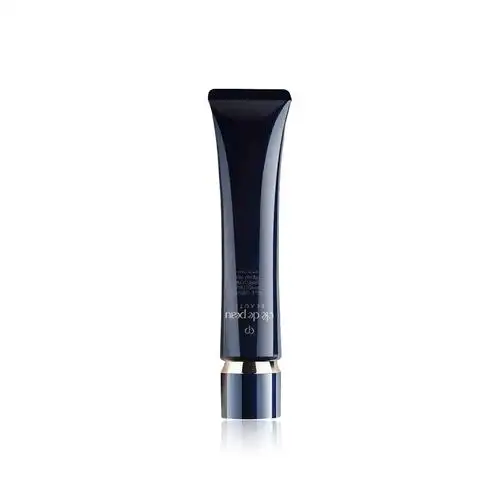Fertility Preservation: Options for Future Family Planning

In today’s fast-paced world, family planning is evolving. Many individuals and couples are choosing to delay parenthood for personal, professional, or medical reasons. Thanks to advancements in reproductive medicine, fertility preservation offers a way to safeguard your ability to have children when the time is right. But what are your options, and which one is best for you? Let’s break it down so you can make an informed decision about your future.
Why Consider Fertility Preservation?
People choose to preserve their fertility for various reasons, including:
-
Medical Treatments: Cancer therapies like chemotherapy and radiation can impact fertility.
-
Career or Education Goals: Delaying parenthood to focus on personal growth and ambitions.
-
Gender Transition: Preserving eggs or sperm before starting hormone therapy or surgery.
-
Premature Ovarian Failure: A family history of early menopause or genetic conditions.
Whatever your reason, fertility preservation empowers you to take control of your reproductive timeline.
Let’s explore the most common and effective options available today.
1. Egg Freezing (Oocyte Cryopreservation)
Egg freezing is a popular choice for individuals who want to delay pregnancy but preserve their eggs' quality. The process involves stimulating the ovaries with hormones, retrieving mature eggs, and freezing them for future use.
-
Best For: Women in their 20s or early 30s looking to preserve egg quality.
-
Success Factors: Age at the time of freezing, number of eggs retrieved, and overall health.
2. Sperm Freezing (Sperm Cryopreservation)
A simple and effective option for men, sperm freezing involves collecting a semen sample, analyzing the sperm quality, and freezing it in liquid nitrogen for later use.
-
Best For: Men undergoing medical treatments, those in high-risk occupations, or individuals considering a vasectomy.
-
Success Factors: Sperm count and motility.
3. Embryo Freezing
For couples or individuals using IVF, excess embryos can be frozen for future transfer. This option offers high success rates since embryos have already been fertilized and developed to an early stage.
-
Best For: Couples undergoing IVF or individuals with a partner or donor.
-
Success Factors: Embryo quality, maternal age, and the health of the uterus.
4. Ovarian Tissue Freezing
A cutting-edge option, ovarian tissue freezing involves removing and freezing ovarian tissue, which can later be re-implanted to restore fertility.
-
Best For: Prepubescent girls or women who need immediate medical treatment.
-
Success Factors: Age and tissue viability after thawing.
5. Testicular Tissue Freezing
For men unable to produce sperm through ejaculation, testicular tissue can be extracted, frozen, and used later for assisted reproduction.
-
Best For: Boys who haven’t yet gone through puberty or men with severe male-factor infertility.
-
Success Factors: Sperm retrieval success and overall health.
Choosing the Right Option for You
Deciding which fertility preservation method suits you best depends on factors like age, health, and future family goals. Consulting with a fertility specialist can help you navigate these options and create a personalized plan tailored to your needs.
Choosing an experienced clinic with state-of-the-art technology is crucial. In Lahore, clinics like Australian Concept Infertility Medical Center offer comprehensive fertility preservation services, with personalized care to guide you through every step of the process.
Fertility preservation isn’t just about biology it’s about choice, empowerment, and hope. Whether you’re protecting your fertility due to medical reasons, life circumstances, or simply wanting more time, these options ensure that when you’re ready, your chance at parenthood is still within reach.
Are you considering fertility preservation? Reach out to a trusted clinic, ask questions, and explore the possibilities. Your future family is worth planning for and science is on your side.






